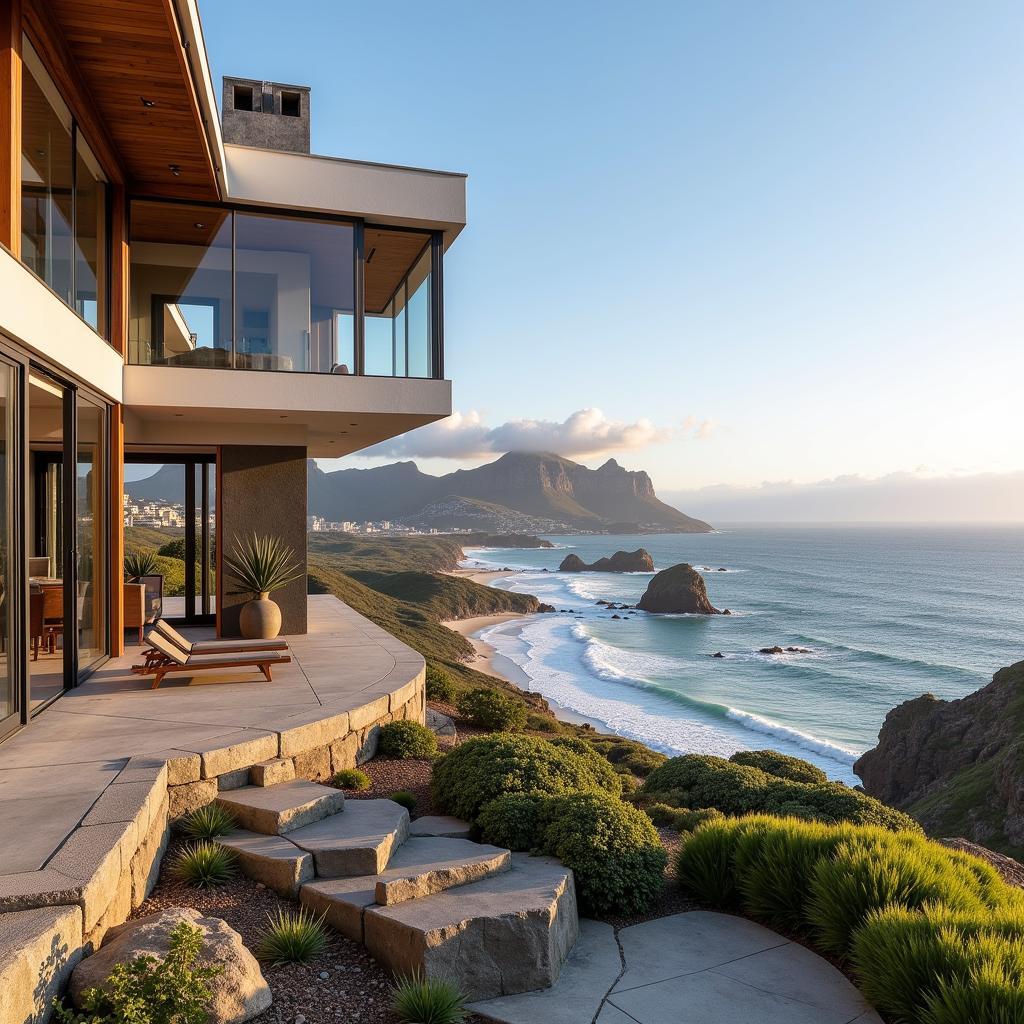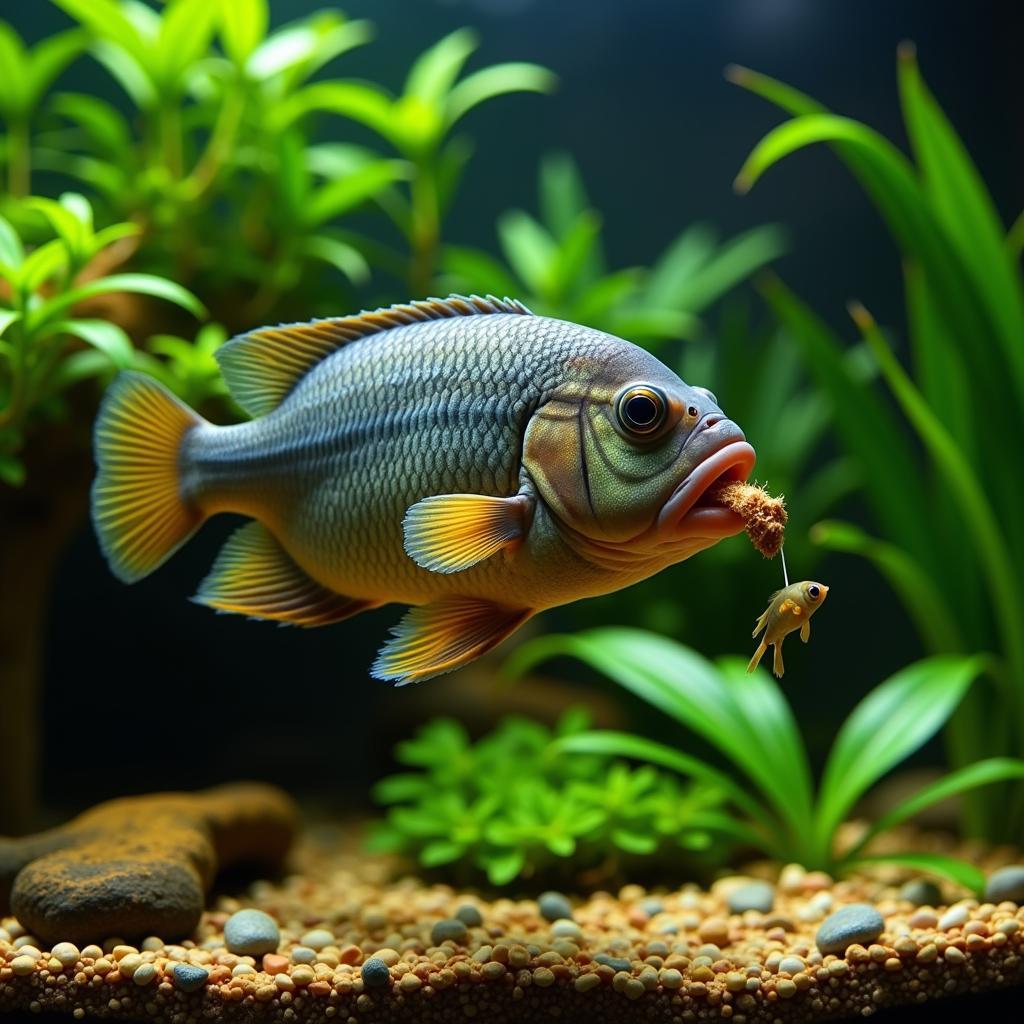African Countries and Capitals List Alphabetical: A Journey Through the Continent
Africa, the world’s second-largest and second-most-populous continent, boasts a tapestry of 54 unique countries, each with its own vibrant culture, history, and identity. From the bustling medinas of Marrakech to the sprawling savannas of Tanzania, this continent pulsates with a rhythm and energy all its own. Understanding Africa starts with knowing its diverse nations. Let’s embark on an alphabetical journey, exploring each country and its capital city, uncovering fascinating facts along the way.
Navigating the Continent: African Countries and Capitals
A
- Algeria: Algiers, a city steeped in history, gazes out onto the Mediterranean, its Casbah a labyrinthine testament to its past.
- Angola: Luanda, a coastal metropolis, hums with the pulse of modern Africa, its economy bolstered by rich oil reserves.
B
- Benin: Porto-Novo, the official capital, shares its administrative role with Cotonou, the economic heart, showcasing the nation’s dual identity.
- Botswana: Gaborone, a city on the rise, embodies Botswana’s economic success story, its diamond industry fueling growth and development.
- Burkina Faso: Ouagadougou, meaning “the place where people get honor and respect,” reflects the country’s rich cultural heritage.
- Burundi: Gitega, nestled amidst the country’s rolling hills, took over the mantle of capital in 2019, symbolizing a shift towards the nation’s geographic center.
C
- Cabo Verde: Praia, perched on the island of Santiago, entices visitors with its colorful colonial architecture and vibrant music scene.
- Cameroon: Yaoundé, known for its hilly landscape and bustling markets, embodies Cameroon’s diverse cultural tapestry.
- Central African Republic: Bangui, on the banks of the Ubangi River, represents a nation striving for peace and stability.
- Chad: N’Djamena, a bustling trade center, connects the Sahel to Central Africa, reflecting Chad’s strategic location.
- Comoros: Moroni, with its whitewashed buildings and vibrant markets, offers a glimpse into the unique culture of this island nation.
- Congo (Brazzaville): Brazzaville, facing its twin capital, Kinshasa, across the Congo River, embodies the close ties between these two nations.
- Congo (Kinshasa): Kinshasa, a megacity pulsating with life, stands as a testament to the Congo’s resilience and potential.
- Côte d’Ivoire: Yamoussoukro, a city built on ambition, stands as a testament to the vision of Félix Houphouët-Boigny, the nation’s first president.
D
- Djibouti: Djibouti City, strategically located on the Bab-el-Mandeb strait, thrives as a major port and economic hub.
E
- Egypt: Cairo, the “City of a Thousand Minarets,” boasts ancient wonders and modern marvels, a testament to Egypt’s enduring legacy.
- Equatorial Guinea: Malabo, on the volcanic island of Bioko, showcases Equatorial Guinea’s unique blend of Spanish and African influences.
- Eritrea: Asmara, with its modernist architecture, stands as a unique example of early 20th-century urban planning.
- Eswatini: Mbabane, nestled in the country’s mountainous region, reflects Eswatini’s blend of traditional culture and modern development.
- Ethiopia: Addis Ababa, meaning “new flower,” lives up to its name, a city blossoming with energy and ambition, home to the African Union.
G
- Gabon: Libreville, on the Komo River estuary, represents Gabon’s economic reliance on its rich natural resources, particularly oil.
- The Gambia: Banjul, situated on an island at the mouth of the Gambia River, reflects the nation’s close ties to the water.
- Ghana: Accra, a vibrant coastal city, embodies Ghana’s dynamic spirit, its blend of tradition and modernity palpable in its streets.
- Guinea: Conakry, a bustling port city on a peninsula, serves as Guinea’s economic and administrative center.
- Guinea-Bissau: Bissau, on the Geba River estuary, offers a glimpse into the nation’s rich history and cultural heritage.
K
- Kenya: Nairobi, a bustling metropolis, serves as a major hub for East Africa, its skyline a testament to Kenya’s economic growth.
L
- Lesotho: Maseru, nestled amidst the majestic Maloti Mountains, showcases Lesotho’s unique geography and cultural heritage.
- Liberia: Monrovia, named after U.S. President James Monroe, reflects Liberia’s historical ties to the United States.
- Libya: Tripoli, a coastal city with a rich past, embodies Libya’s strategic importance in the Mediterranean region.
 Map of North African Countries
Map of North African Countries
M
- Madagascar: Antananarivo, perched on a high plateau, showcases Madagascar’s unique biodiversity and cultural heritage.
- Malawi: Lilongwe, a city on the rise, reflects Malawi’s efforts to balance economic development with environmental sustainability.
- Mali: Bamako, on the Niger River, serves as a vital trading hub and a center for Malian culture and music.
- Mauritania: Nouakchott, a city born from the desert, reflects Mauritania’s unique blend of Arabic and African influences.
- Mauritius: Port Louis, a bustling port city, embodies Mauritius’s success as a tourism and financial hub.
- Morocco: Rabat, overlooking the Atlantic Ocean, seamlessly blends modernity with tradition, its historical landmarks whispering tales of Morocco’s rich past.
- Mozambique: Maputo, a vibrant coastal city, embodies Mozambique’s resilience and potential, its architecture a blend of Portuguese colonial and African influences.
N
- Namibia: Windhoek, nestled among hills, offers a unique blend of German colonial architecture and African charm, reflecting Namibia’s complex history.
- Niger: Niamey, on the banks of the Niger River, serves as a vital trading hub for the region, reflecting Niger’s strategic importance.
- Nigeria: Abuja, a planned city, embodies Nigeria’s aspirations as a modern African nation, its architecture a statement of its ambitions.
R
- Rwanda: Kigali, a city on the mend, stands as a testament to Rwanda’s resilience in the face of adversity, its progress a beacon of hope for the future.
S
- São Tomé and Príncipe: São Tomé, on the island of São Tomé, offers a glimpse into the nation’s rich colonial past and its vibrant Creole culture.
- Senegal: Dakar, a bustling peninsula city, pulsates with creative energy, its music, art, and fashion reflecting Senegal’s dynamic spirit.
- Seychelles: Victoria, on the island of Mahé, embodies the Seychelles’ allure as a tropical paradise, its pristine beaches and turquoise waters a magnet for tourists.
- Sierra Leone: Freetown, with its historic Cotton Tree, stands as a symbol of hope and freedom, its spirit reflecting Sierra Leone’s resilience.
- Somalia: Mogadishu, a city rebuilding itself, reflects Somalia’s determination to overcome decades of conflict and embrace a brighter future.
- South Africa: Pretoria, the administrative capital, shares its duties with Cape Town (legislative) and Bloemfontein (judicial), showcasing South Africa’s unique system of governance.
- South Sudan: Juba, a city finding its feet, represents South Sudan’s journey as the world’s newest nation, its future filled with both challenges and opportunities.
- Sudan: Khartoum, at the confluence of the Blue and White Nile rivers, embodies Sudan’s strategic importance and its rich history as a crossroads of civilizations.
T
- Tanzania: Dodoma, a planned city, represents Tanzania’s vision for a more centralized government, while Dar es Salaam remains a vital economic hub.
- Togo: Lomé, a vibrant coastal city, serves as Togo’s main port and economic center, its blend of cultures reflected in its bustling markets and lively music scene.
- Tunisia: Tunis, a city where history meets modernity, boasts ancient ruins alongside modern architecture, reflecting Tunisia’s rich cultural heritage and its progressive outlook.
U
- Uganda: Kampala, known as the “City of Seven Hills,” embodies Uganda’s beauty and resilience, its people known for their warmth and hospitality.
Z
- Zambia: Lusaka, a city with a laid-back vibe, reflects Zambia’s welcoming atmosphere and its growing economy.
- Zimbabwe: Harare, known for its wide avenues and lush gardens, reflects Zimbabwe’s potential and its journey towards a brighter future.
Exploring Beyond the Capitals: A World of Discovery Awaits
This alphabetical journey through African countries and capitals is just the beginning of uncovering the magic of this diverse continent. Each nation offers a unique blend of cultures, landscapes, and experiences. From the bustling markets of Marrakech to the serene beaches of Zanzibar, Africa promises a journey filled with wonder and adventure.
FAQ: Unraveling the Mysteries of Africa
1. How many countries are there in Africa?
Africa is home to 54 recognized sovereign nations.
2. What is the smallest country in Africa?
The smallest country in Africa by landmass is Seychelles, an archipelago of 115 islands in the Indian Ocean.
3. What is the largest country in Africa?
Algeria holds the title of the largest country in Africa by landmass.
4. Which African country was the first to gain independence?
Ghana, formerly known as the Gold Coast, was the first sub-Saharan African country to achieve independence from colonial rule on March 6, 1957.
5. Which African country is known as the “Rainbow Nation”?
South Africa, with its diverse population and 11 official languages, is often referred to as the “Rainbow Nation.”
Beyond the List: Further Adventures in Africa Await
Want to delve deeper into the heart of Africa? Explore these related articles:
- The Ultimate Guide to African Safari Destinations
- Exploring the Vibrant Music Scene of West Africa
- Uncovering the Ancient Mysteries of Egypt’s Pyramids
- A Culinary Journey Through the Diverse Flavors of Africa
- The Best Hiking Trails in East Africa’s Majestic Mountains
Need help planning your African adventure? Contact our team of experts 24/7:
Phone: +255768904061
Email: kaka.mag@gmail.com
Address: Mbarali DC Mawindi, Kangaga, Tanzania.


